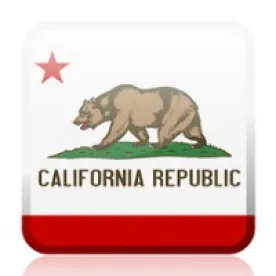Yesterday, the California Supreme Court held that private litigants may not recover unpaid wages under the Labor Code Private Attorneys General Act (“PAGA”). See ZB, N.A. v. Superior Court (Lawson) (Cal. S. Ct. Sept. 12, 2019).
In a rearguard effort to fight employment arbitration agreements, which usually include class action waivers, plaintiffs’ lawyers have been routinely filing PAGA representative actions in an effort to stay in court and out of arbitration. Plaintiffs relied on Thurman v. Bayshore Transit Management, Inc., 203 Cal. App. 4th 1112 (2012), to argue that, in addition to obtaining the PAGA penalties, they also could recover underlying unpaid wages under Section 558 of the Labor Code. Essentially, Plaintiffs have been seeking the same recovery they otherwise would have obtained through a class action.
By circumventing their class action waivers and seeking unpaid wages in the PAGA action, Plaintiffs have attempted to revive class action claims for unpaid wages and turned PAGA claims into “sloppy class actions.” The result has been grossly inflated settlement demands—and higher potential verdicts. Happily, Lawson forecloses this attempted end-run around class action waivers and the misinterpretation of Labor Code Section 558.
In yesterday’s ruling, the Supreme Court rejected Thurman’s conclusion and noted that “[d]eeming … unpaid wages … to be a civil penalty … cannot be squared with the understanding of that term under the PAGA.” The Court held that “the civil penalties a plaintiff may seek under … [the Labor Code] through the PAGA do not include the ‘amount sufficient to recover underpaid wages.’”
Lawson therefore significantly reduces the amount of potential exposure employers face in lawsuits brought under the PAGA. Although PAGA penalties often far eclipse the potential underlying wage liability, Lawson restricts recovery to actual civil penalties—not unpaid wages—and deprives plaintiffs’ lawyers of a workaround to class action waivers in arbitration agreements.





 />i
/>i

